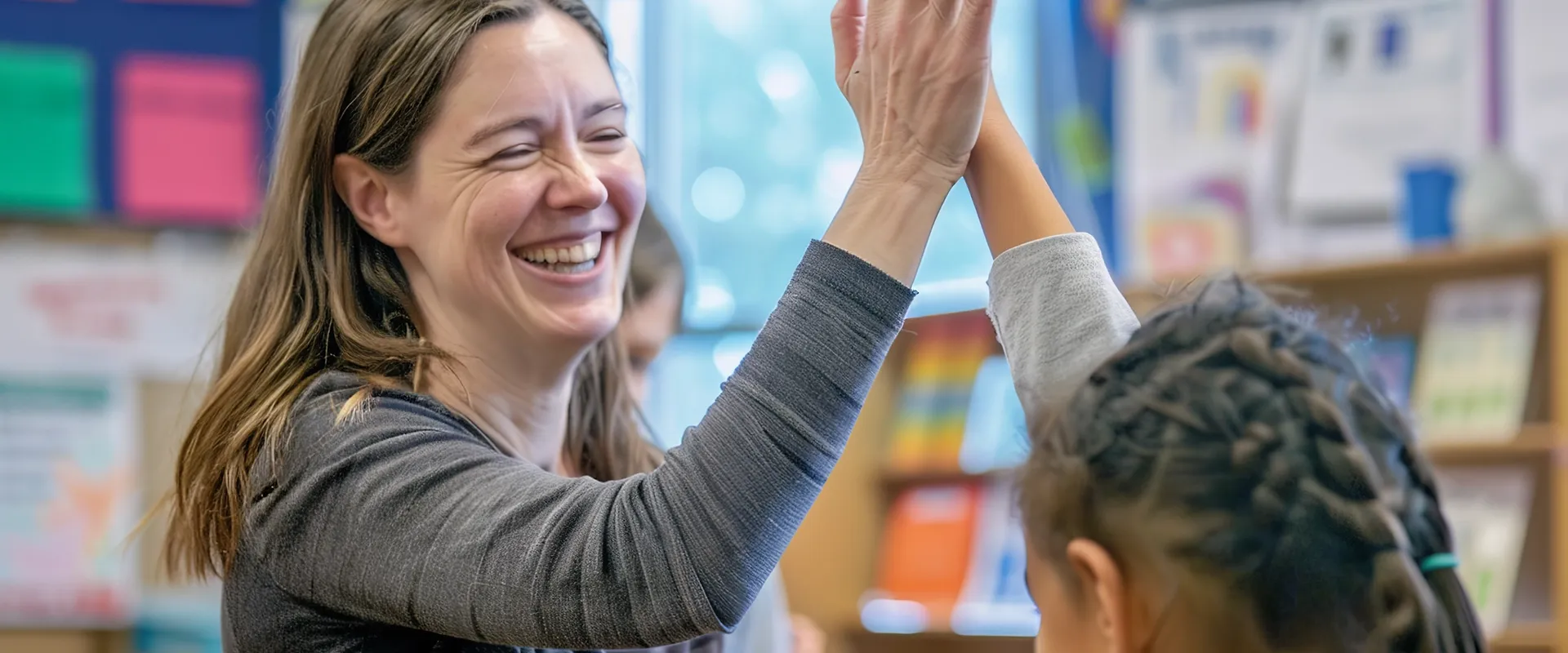Children often struggle to fully understand their accomplishments without clear and detailed feedback. Simply saying 'You did well' may not adequately acknowledge their efforts and achievements. By providing specific and transparent praise, we can help children recognise exactly what they succeeded in, preventing confusion and fostering a stronger sense of self.
Why Specific Praise Matters
Using precise language and clear explanations when acknowledging children's achievements promotes a deeper understanding of their successes. It’s important to move beyond generalisations and focus on the specifics of their actions. This approach boosts their confidence and self-esteem and helps develop a strong internal locus of control. Locus of control refers to a child's belief in their ability to influence their own life, which is a critical component of their ‘Sense of Self'.
Moreover, teaching children to give specific and descriptive praise to their peers enhances their ‘Relationship with Others’. When children learn to provide constructive feedback, they develop the ability to observe others’ actions critically and empathetically, thereby enhancing their social skills and emotional intelligence.
Fostering a Growth Mindset
Encouraging a growth mindset through specific and precise praise helps children believe in their potential for improvement. This mindset enables them to view challenges and setbacks as opportunities for growth, thereby enhancing their motivation and self-esteem when facing difficult tasks.
Practical Tips for Specific Praise
Here are some practical suggestions for incorporating specific praise into your interactions with children:
1. Be Precise: Clearly identify the specific emotional or behavioural accomplishment.
2. Use Descriptive Language: Emphasise the achievement and illustrate your understanding of their effort.
3. Encourage Peer Praise: Teach children to offer specific praise to their peers, enhancing their interpersonal skills.
4. Validate Feelings: Acknowledge their internal struggles and the emotional or behavioural challenges they may have experienced.
5. Model Specific Praise: Consistently provide precise praise to teach children to do the same.
6. Reinforce Effort: Highlight the connection between their hard work and their achievements.
7. Celebrate Progress: Acknowledge even minor improvements in their emotional and behavioural skills.
In Practice Example
Instead of saying, 'You did well', try saying, 'I am incredibly proud of how you waited for your turn during the game. I could see that you were excited to jump in and play, but you chose to be patient. That was great self-control! I noticed that you kept yourself composed by taking slow, deep breaths. I'm so impressed with your progress.'
